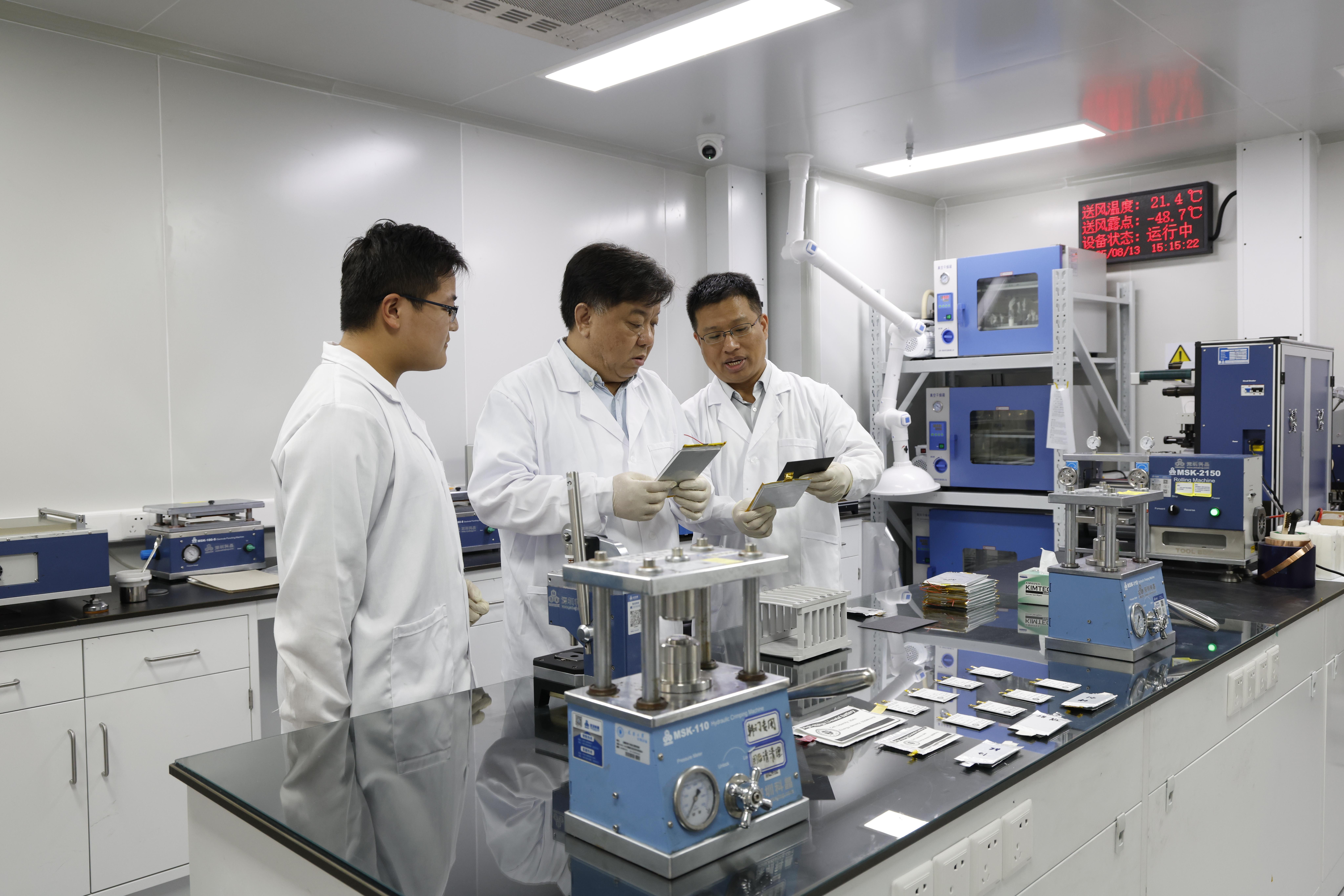TJU Researchers Develop Lithium Battery with 200-300% More Power

After years of collaborative R&D, a team of researchers from China's Tianjin University (TJU) and their partners have devised a pioneering "delocalized electrolyte design" for high-energy lithium metal batteries, breaking the conventional dependence on dominant solvation structures.
This innovation improves both energy density and endurance 200-300 percent times compared to the current lithium-ion batteries and is likely to give the country a cutting-edge advantage in lithium battery technology.
The team published their research in Nature online on August 13. The novel design can develop lithium pouch cells with energy density exceeding 600 Wh/kg and battery packs with 480 Wh/kg energy density.
With the rapid growth of electric mobility, the low-altitude economy, consumer electronics, and humanoid robots, the demand for high-energy, long-duration rechargeable batteries is rising sharply. Energy density is a core performance indicator for batteries, as it determines how much energy can be stored in a smaller and lighter device. Achieving higher energy storage under such constraints remains a major technical challenge.
Lithium metal batteries, with much higher theoretical energy density than traditional lithium-ion batteries, are widely regarded as a promising next-generation solution to overcome current limitations in battery performance and range. However, current electrolyte designs are limited by their inherent reliance on solvent-dominated or anion-dominated solvation structures, hindering progress in both energy output and battery lifespan.
Therefore, breaking through this bottleneck to produce batteries with enhanced energy density and extended life remains a key global challenge in energy storage research.
According to Professor Hu Wenbin, the lead researcher and faculty member at the School of Materials Science and Engineering at TJU, the innovative design fosters a more disordered solvation microenvironment, optimizing the overall electrolyte performance.
This balances solvent-dominated and anion-dominated solvation structures, reduces kinetic barriers, and stabilizes the electrode-electrolyte interface, offering strong potential for significant improvements in battery performance.
This innovation led to the development of the high-energy "Battery600" and the scalable "Pack480" battery pack, laying a solid foundation for the future use of lithium metal batteries. It also delivers excellent cycling stability and safety, underscoring its potential to drive progress in high-energy battery technologies.
Hu stated that the team is making significant progress toward the commercialization and practical application of their research findings.
"We have established a pilot production line for high-energy lithium metal batteries and successfully implemented this innovative technology in three models of domestically developed micro electric unmanned aerial vehicles (UAVs)," he said.
The flight endurance of these UAVs has been extended by up to 2.8 times compared to existing battery technologies, he added.
The team now holds a complete chain of core technologies encompassing materials, electrolytes, electrodes and batteries. All key materials and technologies are independently developed and fully controllable, with high-consistency mass production capabilities already in place. Full-scale production is expected to begin this year.
Throughout the research process, the team emphasized interdisciplinary collaboration and applied AI to significantly shorten the development cycle for electrolyte material screening.
They also strengthened international and industry-academia partnerships, working closely with the National University of Singapore and several leading domestic enterprises to advance both fundamental innovation and engineering application.






